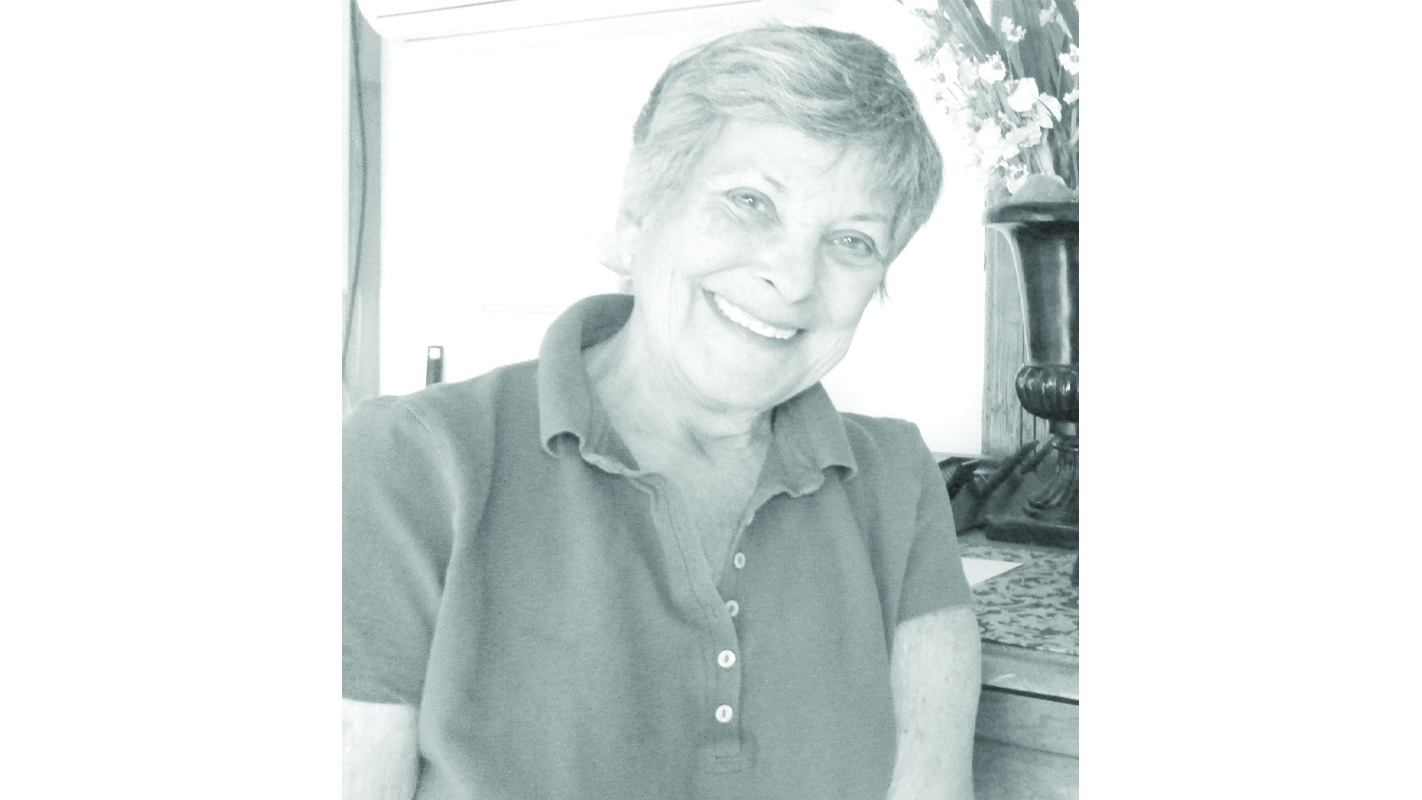Last week I ended my commentary by asking, “What innovations will the next few years bring?”
We didn’t have to wait long for a momentous first: The Ministry of Health and Social Sciences (MSSS) has, for the first time ever, asked how health cooperatives can help the population in anticipation of a second wave of COVID-19. This is only the second time the government has even acknowledged the existence of small, rural clinics — back in March 2020 (when it was clear that a pandemic was here,) they requested that small rural clinics remain open and prioritize the needs of all patients as well as the general community by offering urgent care and essential services. (You should know that the government does not subsidize small health clinics.) Centre de santé in Ayer’s Cliff (CSVM) not only remained open but triaged patients over the phone. Our full-time family doctor contributed to staffing the local COVID-19 testing centre in addition to serving our patients either in person or virtually, by telephone. Our volunteers phoned all 600 of the most vulnerable patients over 70 years of age to ensure that they had medication, food and supplies and to arrange for these, when necessary.
For readers who live in urban centres where there are hospitals and government/taxpayer-subsidized Family Medicine Groups (FMG), this may not mean much. But for the 1,654,000 Quebecers who live “in the country”, this recognition of small rural coops who are dedicated to supporting the government’s #1 priority of providing front line primary care is very good news. For urban dwellers who say, “why not just drive the 25 or 30 km. to the hospital?” you should know that your rural neighbors are not exactly like you, although no one wants to wait hours and hours in an Emergency Room.
Rural residents don’t like going to a hospital for service – they feel intimidated and therefore go only when they are really sick. And today, it’s almost impossible to find a government-subsidized Family Medicine Group (FMG) that will take on new patients. As a consequence, rural residents have proportionately fewer physician visits yet more hospitalizations – and despite the positive aspects of a rural community lifestyle, overall worse health outcomes than the general population. In some cases, in our area, the need is desperate. When the Ayer’s Cliff cooperative health centre opened, people who had not seen a doctor in 20 years signed up because it was small, local, friendly, bilingual and there was hardly any waiting for an appointment.
So, for the rural crowd, the good news is that this initiative may change the rules and regulations that discriminate against small clinics. Right now, only FMGs get government subsidies. Twenty years ago, the government encouraged centralization of health clinics in urban centres by offering monetary subsidies in exchange for doctors getting together to form a family medical group. There are about 35 small clinics serving rural populations that have no way to become FMGs because there aren’t enough doctors to populate them. (There aren’t enough doctors to populate all the super-clinics, but that’s another story.) So small clinics are left to beg, borrow and fundraise to pay their nurses, receptionists and secretaries and the rent, medical supplies, equipment etc. FMGs get all these expenses subsidised with taxpayer money.
The Federation of Health Cooperatives (FQCS) has been talking to the Ministry of Health and Social Services about the past and future role of health coops. Rural clinics know they can do a lot to help – think vaccinations, home calls, follow-up — but they need some funding to do it.
We should know by October whether the government is prepared to level the playing field by funding health coops. This might be good news for urban dwellers as well. There has been a higher-than-usual demand for the services CSVM provides, including the nurses’ evaluations, and especially the blood and other lab tests; such is pandemic life today that many more people are reluctant to go to a hospital and wait.
One upside of COVID-19
By Dian Cohen






